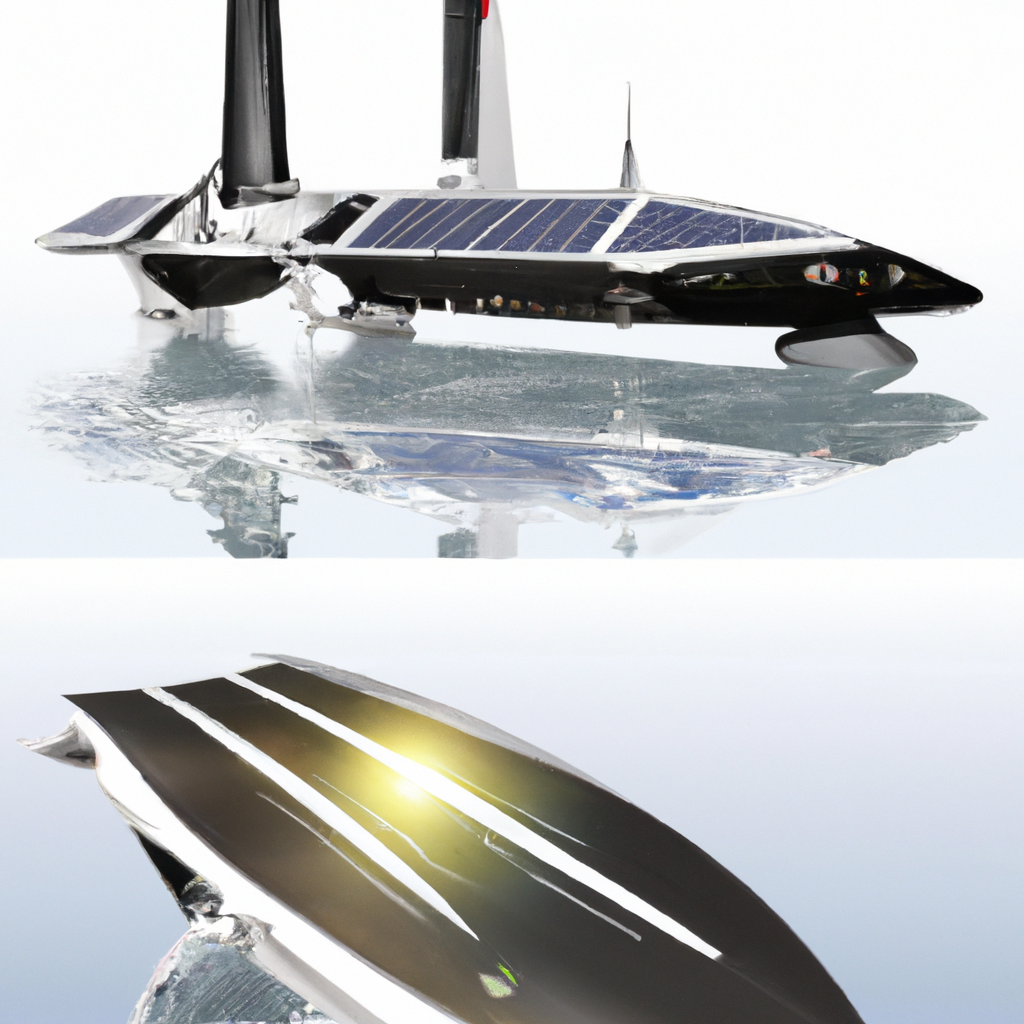
As the world continues to search for sustainable alternatives, hemp has emerged as a viable solution for various industries, including shipbuilding. Hemp has been used in shipbuilding for centuries, and its benefits continue to be explored today. This article delves into the advantages of hemp fiber in shipbuilding, the different types of hemp fiber used, the processing of hemp for shipbuilding, the benefits of hemp rope, the use of hemp fiber composites, the role of hemp in waterproofing ships, treating hemp for water resistance, hemp-based sealants and coatings, the durability of hemp in marine environments, the environmental benefits of hemp shipbuilding, and the challenges and future developments in hemp shipbuilding.
The Advantages of Hemp Fiber in Shipbuilding
Hemp fiber has several advantages for use in shipbuilding. It is a renewable resource that is easy to grow and requires minimal water, pesticides, and herbicides. Hemp fiber is also lightweight, which makes it ideal for shipbuilding as it reduces the weight of the vessel, improving its speed and fuel efficiency. Additionally, hemp fiber is strong, durable, and resistant to rot and pests, making it an excellent choice for shipbuilding materials.
Types of Hemp Fiber Used in Ship Construction
There are two main types of hemp fiber used in ship construction: bast fibers and hurd fibers. Bast fibers come from the plant’s outer skin and are long, strong, and flexible. Hurd fibers, on the other hand, come from the plant’s inner core and are shorter and thicker. Both types of fiber have different properties and can be used for different purposes in ship construction.
Processing Hemp for Shipbuilding
Processing hemp for shipbuilding involves several steps, including harvesting, retting, breaking, scutching, and hackling. Harvesting involves cutting down the hemp plants and separating the fibers from the plant’s stem. Retting involves soaking the fibers in water to break down the plant’s natural glue, making it easier to separate the fibers. Breaking involves separating the long fibers from the shorter ones using a machine or manually. Scutching involves removing the remaining plant matter and dirt from the fibers. Finally, hackling involves combing the fibers to remove any remaining impurities and straighten the fibers.
The Benefits of Hemp Rope in Shipbuilding
Hemp rope has been used in shipbuilding for centuries and has several benefits. It is strong, durable, and resistant to rot and pests, making it ideal for use in harsh marine environments. Hemp rope is also lightweight, which reduces the weight of the vessel, improving its speed and fuel efficiency. Additionally, hemp rope is easy to handle and tie knots, making it a versatile material for shipbuilding.
The Use of Hemp Fiber Composites in Shipbuilding
Hemp fiber composites are increasingly being used in shipbuilding due to their lightweight, high strength-to-weight ratio, and environmental advantages. Hemp fiber composites can be made by combining hemp fibers with a resin to create a strong, durable material that can be shaped into different forms, including hulls, decks, and bulkheads. This material is ideal for shipbuilding as it reduces the weight of the vessel, improving its speed and fuel efficiency.
The Role of Hemp in Waterproofing Ships
Hemp has several properties that make it ideal for waterproofing ships. It is naturally resistant to water and moisture, making it an excellent choice for shipbuilding materials. Hemp also has a high oil content that can be used to create oil-based sealants and coatings that protect the ship from water damage.
Methods for Treating Hemp for Water Resistance
There are several methods for treating hemp for water resistance, including oiling, waxing, and varnishing. Oiling involves applying oil to the hemp fibers to create a waterproof barrier. Waxing involves applying wax to the hemp fibers, which also creates a waterproof barrier. Varnishing involves applying a protective coating to the hemp fibers, which can also make the material more durable.
Hemp-Based Sealants and Coatings for Shipbuilding
Hemp-based sealants and coatings are increasingly being used in shipbuilding due to their environmental advantages and effectiveness. Hemp-based sealants and coatings are made from natural materials and are free from harmful chemicals, making them a safer and more sustainable option than traditional sealants and coatings.
The Durability of Hemp in Marine Environments
Hemp is a highly durable material that can withstand harsh marine environments. It is naturally resistant to rot, pests, and moisture, making it an excellent choice for shipbuilding materials. Additionally, hemp is strong and lightweight, which makes it ideal for use in ship construction.
The Environmental Benefits of Hemp Shipbuilding
Hemp shipbuilding has several environmental benefits. Hemp is a renewable resource that requires minimal water, pesticides, and herbicides. Additionally, hemp shipbuilding reduces the use of non-renewable resources and can help reduce the environmental impact of the shipping industry.
Hemp Shipbuilding: Challenges and Future Developments
Despite the numerous benefits of hemp shipbuilding, there are still challenges that need to be addressed. One of the main challenges is the lack of standardization in hemp fiber quality and processing. Future developments in hemp shipbuilding will involve addressing these challenges and improving the quality and consistency of hemp fiber materials.
Hemp-Based Solutions for Sustainable Shipbuilding
Hemp-based solutions for sustainable shipbuilding include the use of hemp fiber composites, hemp-based sealants and coatings, and innovative processing techniques that improve the quality and consistency of hemp fiber materials. Additionally, the development of standardized quality control measures and certification systems will help ensure the sustainability and effectiveness of hemp shipbuilding materials.
Hemp shipbuilding is a promising solution for the shipping industry, offering numerous benefits over traditional shipbuilding materials. As technology and innovation continue to drive advancements in hemp processing and manufacturing, the potential of hemp shipbuilding will become clearer, helping to create a more sustainable and environmentally friendly future for the shipping industry.

